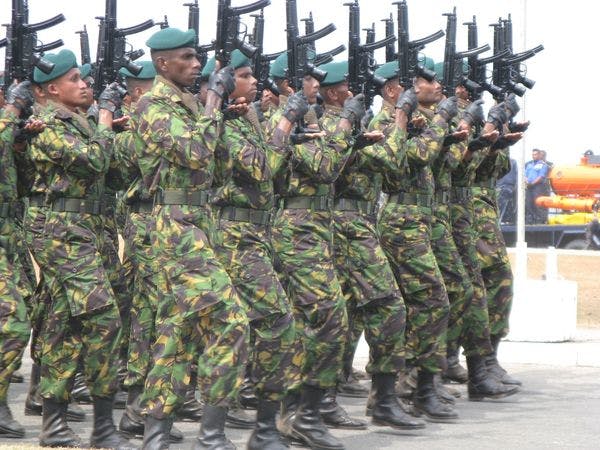Wikipedia - Chamal Pathirana - CC BY-SA 3.0
Connecting the dots: The death of a drug trafficker and the state of democracy in Sri Lanka
In 2020, according to media reports, five persons were killed in ‘shootouts’ with the police, one while allegedly trying to flee police custody, two when allegedly trying to wrestle weapons from the police when they were taken to retrieve drugs or weapons, and two men died while in police custody at the police station.
The phrase ‘new normal’ is commonly used to refer to the post-COVID-19 context, but even in this new normal there exists a permanent normal we cannot escape, i.e. State violence. State violence against persons thought to be a threat to the State, such as dissenters, human rights defenders, journalists and those arrested for drug offences, has been the permanent normal in Sri Lanka for decades.
I refer to it as the ‘permanent normal’ because deaths in custody and persons being killed in encounters with the police are not unique to a particular political regime, but instead are systemic.
For instance, in October 2016, during the Yahapalana regime, two Jaffna University students were killed when they reportedly failed to stop at a police checkpoint. The police initially denied responsibility and claimed that they had died due to an accident that was caused when they lost control of the motorbike because they were speeding while under the influence of alcohol. The post-mortem report however, discovered bullets lodged in the body of one of the victims and did not find any trace of alcohol in their blood. To date, no one has been held accountable for their deaths.
